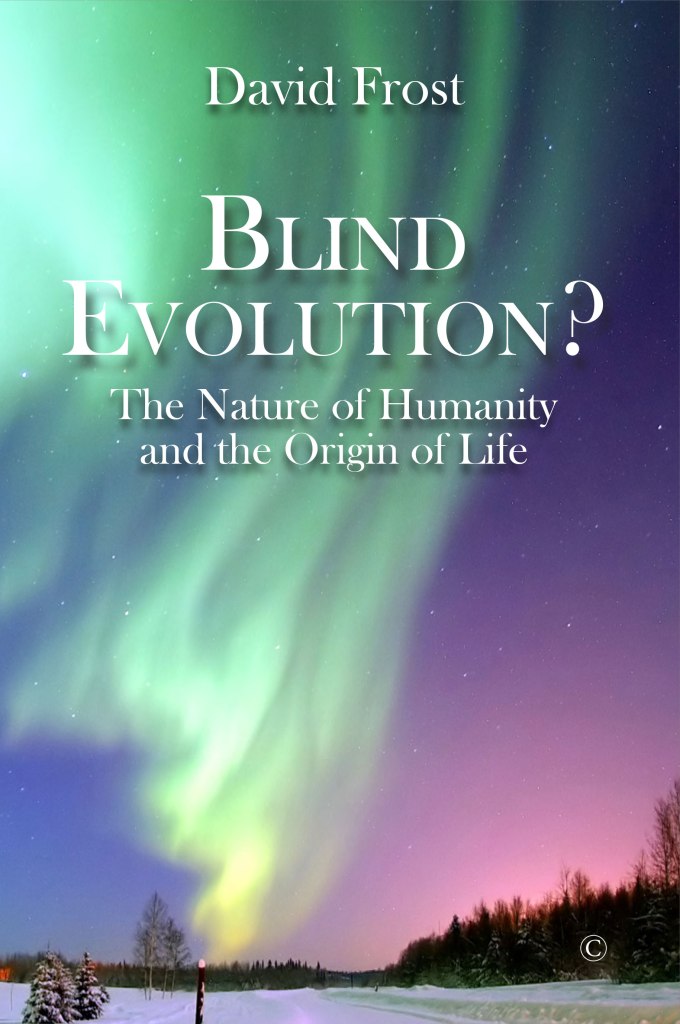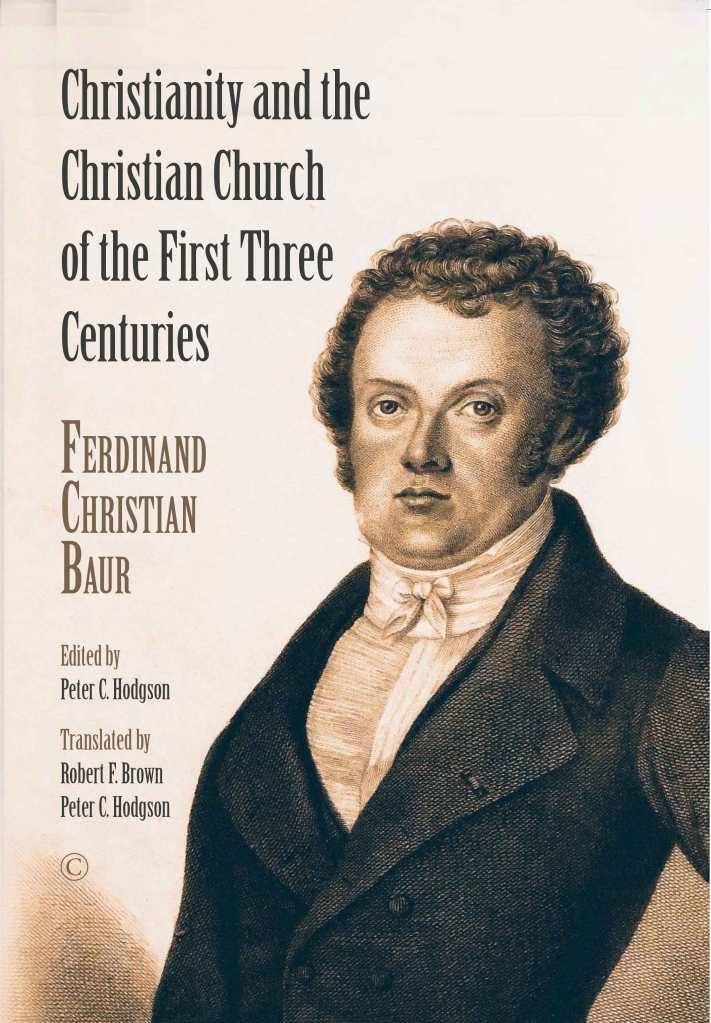Although churches and universities have closed their doors for the foreseeable, there is nothing to stop you contemplating the ineffable from the comfort of your home. We at James Clarke & Co have compiled a list of our top 10 books to read during your self-isolation.
James Clarke & Co Top 10
By Basilio Petrà and Norman Russell (translator)
Learn more about the Greek theologian and philosopher Christos Yannaras
“By testifying to the superabundance of God incarnate and of the Trinity, apophaticism is the seal of a theological and philosophical reflection that, faithful to classical metaphysics, does not retreat from claiming the value of ontology: theology is actually a theory of being as Trinitarian Mystery. Christos Yannaras proposes a critical reflection on the Church and on its historical forms, that are always inadequate as compared to the free breath of the Spirit.”
– Giacomo Canobbio, Faculty of Theology of Northern Italy
An introduction to the work of the Greek theologian and philosopher Christos Yannaras, exploring the development of his contribution to Greek Orthodox thought.
Publication date: 29/08/2019
ISBN: 9780227177044
Pages: 140pp
RRP: £65.00 (HB), £20.00 (PB, 27/02/2020)
Find out more
Ever-Moving Repose:
A Contemporary Reading of Maximus the Confessor’s Theory of Time
By Sotiris Mitralexis
Thinking about the passing of time a lot recently? You’re in good company…
“This is a really welcome addition to the fast-growing literature on Maximus the Confessor. It is a first-class study of the original texts, but is distinctive in its willingness to bring Maximus’ thought into fruitful conversation with contemporary philosophical discussions, so that the implications of this study will be of interest to many more than Byzantine specialists.”
– Rowan Williams, Master of Magdalene College, University of Cambridge
A study of the theology of Maximus the Confessor, bringing contemporary insights from the Orthodox tradition to bear on his understanding of temporality.
Publication Date: 28/06/2018
ISBN: 9780227176849
Pages: 258pp
RRP: £22.50 (PB)
Find out more
Society and God:
Culture and Creed from a Philosophical Standpoint
By William Charlton
It’s brand new!
“This wide-ranging book proposes a holistic framework for understanding the human condition. Arguing that we are essentially social beings, Charlton rejects the fashionable liberal individualism, secularism, and multiculturalism of our times, and offers a challenging interpretation and defence of the Christian doctrines of creation, incarnation, and salvation as part of a single continuous creative process.”
– John Cottingham, Professor of Philosophy of Religion, University of Roehampton
A philosophical examination of religion and society, offering a closely reasoned challenge to the dominant Western discourse of secular liberalism.
Publication Date: 30/01/2020
ISBN: 9780227177006
Pages: 196pp
RRP: £65.00 (HB) £20.00 (PB published 30/07/2020)
Find out more
Meditation and Piety in the Far East
By Karl Ludwig Reichelt
Find peace at this turbulent time…
The result of more than forty years of intimate contact with the ‘religious elite’ of the Far East, Dr. Reichelt’s book is a study of a too-often remote and unknown world.
For the western reader this study reveals the life of the East Asia religious communities, their sanctuaries, sacred writings and daily discipline. These non-Christian religions present a massive front of tradition and dogma, which so far the Christian faith has rarely penetrated.
Publication date: 26/02/2004
ISBN: 9780227172353
Pages: 172pp
RRP: £21.75 (PB)
Find out more
Accommodation and Acceptance:
An Exploration of Interfaith Relations
By Ambrose Mong
Mutual understanding has never been more important…
“With his trademark scholarly rigor and intellectual honesty Ambrose Mong explores one of the most challenging issues facing Christianity in Asia today. For him, accommodation and acceptance of Asian religious pluralism is not an option for Christianity but an imperative for its mission. Mong masterfully shows how Christian faith needs to be reconceptualized in its encounter with Asian religions, from Christology to ecclesiology to Trinitarian theology. This book is a must-read not only for Asian Christians but also, and one may argue especially, for Western Christians.”
– Professor Peter C. Phan, Ellacuria Chair of Catholic Social Thought, Georgetown University
A study of the rhetorical techniques employed by the passion narrative in the Gospel of Luke, and the light they shed on Luke’s themes and narrative sources.
Publication date: 31/12/2015
ISBN: 9780227175187
Pages: 288pp
RRP: £25.00 (PB)
Find out more
Jesus and the Cross:
Necessity, Meaning, and Atonement
By Peter Laughlin
Why crucifixion?
“Authenticity in articulating the redemptive meaning of Jesus’s death is at the heart of this book. The question is: what were Jesus of Nazareth’s aims in undergoing death? Theologies of the atonement generally bypass this question, thus accentuating a split between history and theology. Laughlin’s achievement is to have shown how a critical realist presentation of the Jesus of history can play a crucial role in developing an atonement theology faithful to Jesus’s own intentions.”
– Raymond Canning, Professor of Theology, Australian Catholic University, Canberra
A novel investigation of the meaning of atonement centered on the often-neglected question of Jesus’s intention in submitting to his crucifixion.
Publication date: 26/03/2015
ISBN: 9780227174968
Pages: 286pp
RRP: £20.50 (PB)
Find out more
By John Curtis
Brand New!
The eight essays published in this volume make a valuable contribution to the study of ancient Iran. Covering a diverse range of subjects and written by leading experts in the field, they illuminate aspects of the arts, architecture, and culture of Persia from the Achaemenid to the Sassanian period (c. 550 BC to 600 AD).
– Michael Roaf, Professor of Near Eastern Archaeology, University of Munich
A collection of essays in memory of the curator and scholar Terence Mitchell, exploring the history and archaeology of Ancient Persia.
Publication date: 30/01/2020
ISBN: 9780227177051
Pages: 232pp
RRP: £65.00 (HB)
Find out more
Paul’s Non-Violent Gospel:
The Theological Politics of Peace in Paul’s Life and Letters
By Jeremy Gabrielson
Some calm amidst the storm…
“In Paul’s Non-Violent Gospel, Jeremy Gabrielson asks new questions regarding Paul’s theological commitments and, in the process, discovers new theological resources within Paul’s worldview. This important and challenging work deserves wide consideration.”
– Bruce W. Longenecker, W.W. Melton Chair of Religion, Baylor University
An insightful study of Paul’s commitment to peace and non-violence, exploring the personal, theological and political aspects of his thought.
Publication Date: 28/08/2014
ISBN: 9780227174654
Pages: 216pp
RRP: £17.00 (PB)
Find out more
Towards Reconciliation:
Understanding Violence and the sacred after René Girard
By Paul Gifford
Brand new!
Allow Paul Gifford to walk you through René Girard’s theories.
“The most stimulating and enlightening book I have read for ages, opening up René Girard in a compelling way. Here is a wonderfully lucid exploration of the dark side of human civilisation, and a challenge to confront the lure of sacred violence while we still have time.”
– Angela Tilby, Canon Emeritus, Christ Church, Oxford.
Paul Gifford shows that the culture theorist and fundamental anthropologist René Girard has in fact decoded the obscurely ‘foundational’ complicity between violence and the sacred, showing why it is everybody’s problem and the Problem of Everybody.
Publication date: 26/03/2020
ISBN: 9780227177082
Pages: 163pp
RRP: £65.00 (HB); £20.00 (PB published 24/09/2020)
Find out more
Way Back To God:
The Spiritual Theology of Saint Bonaventure
By Douglas Dales
Go back in time…
Bonaventure was a great pastor and preacher, and also a very effective teacher. His writing shows clarity and conviction, and his authority arose from his profound grasp of Scripture and patristic monastic tradition. The force behind how he wrote sprang from his keen sense of the significance of Francis and Clare and all that flowed from them, not least into his own spiritual life and experience as a person of deep contemplative and mystical prayer.
Publication Date: 25/04/2019
ISBN: 9780227176931
Pages: 240pp
RRP: £65.00 (HB) £25.00 (PB published 31/10/2019)
Find out more
Bonus Bok
Upcoming title
Notes From a Wayward Son:
A Miscellany
By Andrew Walker
“Andrew Walker inhabits the life of the mind with rare clarity and insight. He probes and tests the dynamics of contemporary Christianity with innumerable shafts of constructive insight, making sense of theological, sociological, and cultural dynamics. He has the intellectual gifts to understand Christians with whom he cannot fully agree in ways that help them and those unlike them better understand themselves. Andrew’s contribution to the academy and the church is profound and admirable.”
– Rob Warner, Vice-Chancellor and Chief Executive, Plymouth Marjon University
This ‘miscellany’ puts readers around the table with a teacher who has provided the church with wisdom and passion, allowing us to hear an important contribution to the ongoing conversation about the relationship between the gospel and culture.
Publication Date: 30/04/2020
ISBN: 9780227177099
Pages: 363pp
Price: £65.00 (HB) £25 (PB)
Find out more




























 Christos Yannaras (born 1935 in Athens, Greece) has been proclaimed “without doubt the most important living Greek Orthodox theologian” (Andrew Louth), “contemporary Greece’s greatest thinker” (Olivier Clément), “one of the most significant Christian philosophers in Europe” (Rowan Williams).
Christos Yannaras (born 1935 in Athens, Greece) has been proclaimed “without doubt the most important living Greek Orthodox theologian” (Andrew Louth), “contemporary Greece’s greatest thinker” (Olivier Clément), “one of the most significant Christian philosophers in Europe” (Rowan Williams).





